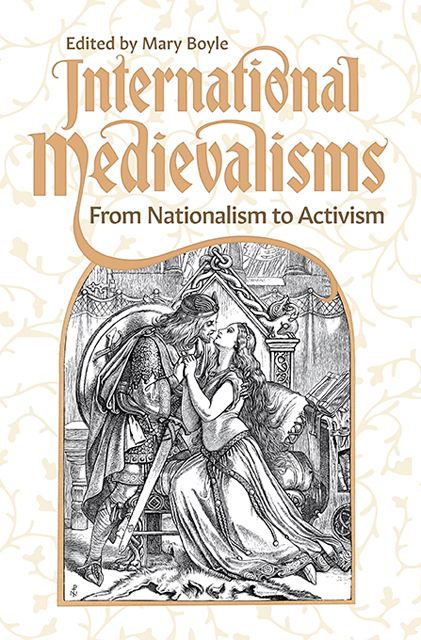3 - Nationalism and Colonialism: The Early German Reception of The Tale of Igor’s Campaign
Published online by Cambridge University Press: 09 June 2023
Summary
On 31 March 1814, when Emperor Alexander I entered Paris side by side with King Frederick William III, Russia had reached the pinnacle of an un¬precedented rise within European great power politics. Following its first successful foray into European military conflict during the Seven Years War (1756–1763), the tsardom had consistently increased its political and military clout to eventually secure a seat among the power brokers that would shape the continent's future at the Congress of Vienna (1815). As the historian David Saunders argues, at this time ‘the Russians’ authority was so great that they could have imposed their blueprint for the post-war world on their allies’. This led to an equally unprecedent¬ed demand for knowledge about an empire that, in the European imagination, still emanated some of the mystique that had so aptly lent itself to Baron Munchausen's Narrative of His Marvellous Travels and Campaigns in Russia (1785). As a result, an emerging market for Russian literature in translation served the interests of a read¬ing public keen on identifying the characteristics of this nation on the rise. It is in this spirit that the first German history of Russian literature offered itself as a unique opportunity ‘uns mit dem Ausdrucke des innern Lebens eines Volkes bekannt zu machen, das durch seine politische Bedeutung die Aufmerksamkeit Europas auf sich zieht’ [to enlighten us as to the expressions of the internal life of a people whose political significance has caught European attention]. Literature, the author Hein¬rich König believed, would ultimately disclose the benign essence of a nation on which Germans had thus far turned their backs.
Thanks to the enthusiasm for medieval literature that is characteristic of the Romantic period, the discovery of a Russian medieval epic, The Tale of Igor's Cam¬paign, caused a great stir in educated circles. The first modern edition was published in 1800, and within a year, the eminent German historian August Ludwig Schlözer had already reviewed this ‘ehrwürdige Russische Antiquität’ [venerable Russian antiquity] for the Göttingische Anzeigen von gelehrten Sachen, at the time one of the leading academic journals in the German-speaking world.
- Type
- Chapter
- Information
- International MedievalismsFrom Nationalism to Activism, pp. 47 - 58Publisher: Boydell & BrewerPrint publication year: 2023

